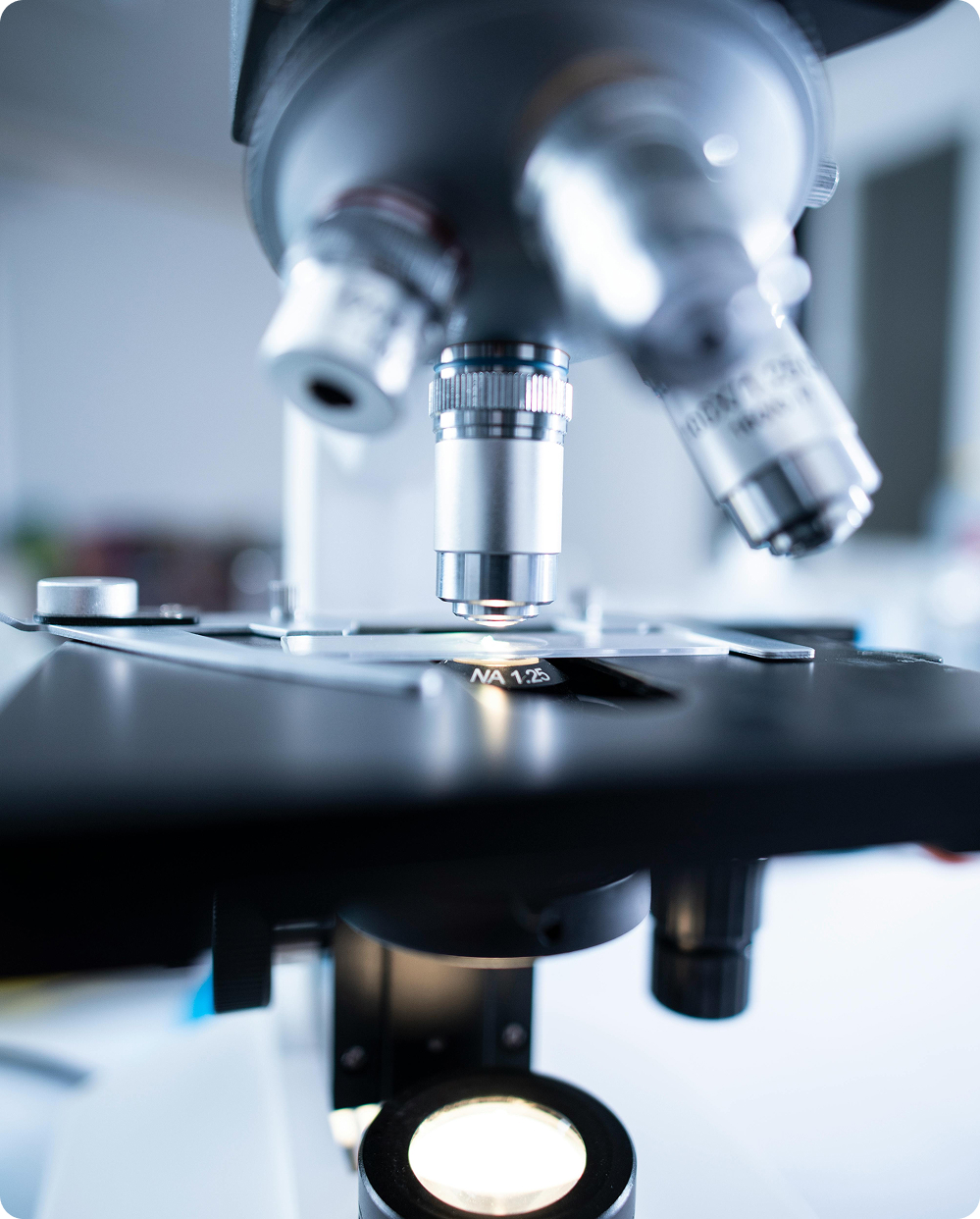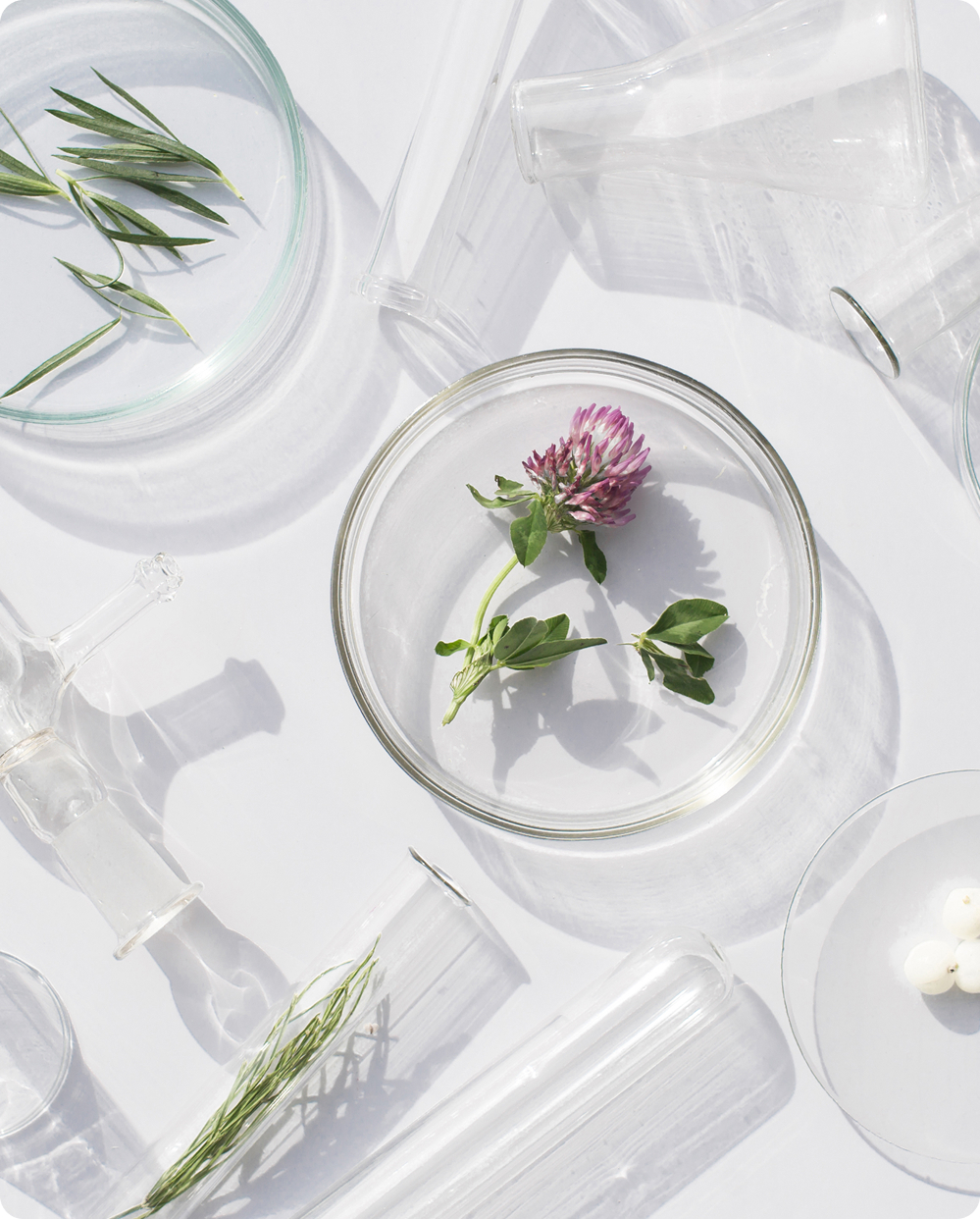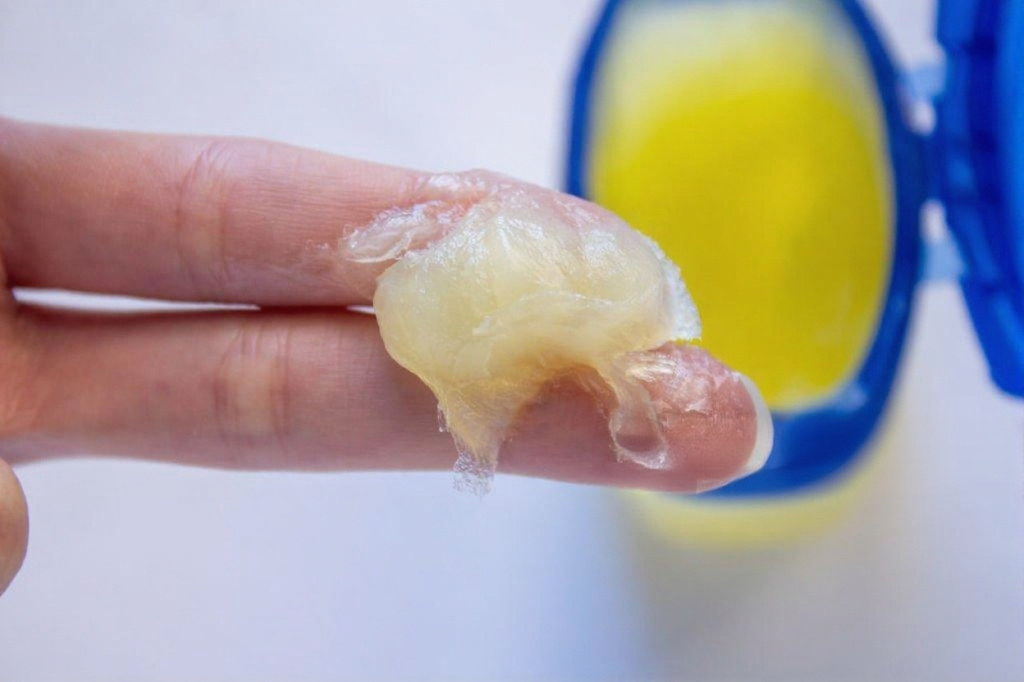Vaginal dryness is more common than most people realize, affecting women across different life stages for various reasons. Whether it's menopause, hormonal changes, or medications, the discomfort can significantly impact your daily life and intimate relationships. If you've been searching for a solution that works with your body rather than against it, hyaluronic acid vaginal suppositories offer a scientifically backed approach worth understanding.
Understanding Hyaluronic Acid's Role in Hydration
So, what is hyaluronic acid? You may have heard of it in skincare, but it's a substance your body naturally produces. Hyaluronic acid (HA) is a type of glycosaminoglycan, a long-chain sugar molecule found in connective tissues throughout your body. Its most remarkable quality is its ability to attract and hold onto water.
Here's the thing that makes it so effective: a single molecule of hyaluronic acid can retain up to 1,000 times its weight in water [1]. Think of it like a microscopic sponge. This incredible water-binding capacity makes it essential for maintaining hydration, elasticity, and structural integrity in tissues, including the delicate tissues of the vagina.
As a natural component of the vaginal walls, HA helps keep the mucosal tissues plump, hydrated, and resilient. When the body's natural production of HA declines, or when other factors contribute to dryness, supplementing with it directly can help restore this crucial moisture.
How Hyaluronic Acid Helps with Vaginal Dryness
When it comes to addressing vaginal dryness, hyaluronic acid offers a compelling, non-hormonal approach. Vaginal suppositories deliver HA directly to the tissues that need it, allowing it to get to work restoring hydration from the inside out. By forming a viscoelastic matrix on the vaginal epithelium, HA enhances the tissue's natural moisture and reduces transepithelial water loss, which is the loss of water through the skin [1].
This is where it gets practical. Clinical research has shown that hyaluronic acid is not just a simple moisturizer. Multiple studies have found that its effectiveness in relieving the symptoms of vaginal atrophy, including dryness and discomfort during sex (dyspareunia), is comparable to that of traditional low-dose estrogen therapies [2, 3].
One multicenter, randomized clinical trial involving 144 postmenopausal women found that a hyaluronic acid vaginal gel provided an 84.44% improvement rate in vaginal dryness symptoms, a result that was not statistically different from the 89.42% improvement seen with estriol cream [2]. A systematic review of five studies involving 335 women reached a similar conclusion, suggesting that HA has a profile of efficacy, safety, and tolerability comparable to vaginal estrogens for treating vaginal atrophy [3]. This makes it a scientifically validated alternative for women who cannot or prefer not to use hormonal treatments.
Supporting a Balanced Vaginal Ecosystem
Beyond providing moisture, hyaluronic acid also plays a role in supporting the overall health of the vaginal ecosystem. A healthy vaginal environment is characterized by a slightly acidic pH, typically between 3.8 and 4.5 [4]. This acidity is maintained by beneficial bacteria, primarily Lactobacillus species, which produce lactic acid [5].
This acidic environment is protective, as it helps inhibit the growth of pathogenic organisms that can lead to infections. When vaginal tissues become dry and atrophied, the pH can rise, disrupting this delicate balance. By restoring hydration and supporting the integrity of the vaginal mucosa, hyaluronic acid helps create an environment where beneficial bacteria can thrive.
Well-hydrated tissues are healthier and more resilient, which in turn supports the maintenance of an optimal pH. This is a key reason why non-hormonal, tissue-focused treatments can have such a positive impact on the entire vaginal ecosystem without disrupting its natural state.
From Science to a Practical Solution
Understanding the science of how specific ingredients work is the first step to making an informed choice. The research points to the benefits of using a sufficient concentration of hyaluronic acid to achieve these hydrating and regenerative effects. Formulations that contain 10mg of hyaluronic acid, for example, are designed to provide a clinically relevant amount of this powerful molecule directly to the vaginal tissues.
One example of this ingredient-first approach is Neycher's Vaginal Moisturizer. It combines 10mg of hyaluronic acid with other supportive ingredients like lactic acid to help maintain the optimal vaginal pH and vitamin E to nourish the tissue. This kind of formulation is designed not just to provide temporary relief, but to support the body's natural mechanisms for hydration and balance.
Practical Considerations
Hyaluronic acid suppositories are a gentle and effective option for many women experiencing vaginal dryness. They can be particularly helpful during perimenopause and menopause, postpartum, or for dryness related to certain medications. General guidance often suggests an initial period of use for several consecutive days, followed by a maintenance schedule as needed.
However, it is always important to consult with a healthcare provider to determine the cause of your symptoms and find the best approach for your specific situation. If you experience severe discomfort or if symptoms persist, professional medical advice is essential.
Frequently Asked Questions
1. How long does it take for hyaluronic acid suppositories to work?
Many women report feeling initial relief from dryness within the first few uses. For more significant, lasting improvements in tissue hydration and elasticity, consistent use over several weeks is often recommended, as it takes time for the hyaluronic acid to help restore the mucosal tissue.
2. Is hyaluronic acid safe to use long-term?
Yes, hyaluronic acid is considered very safe for long-term use. Because it is a substance naturally found in the body, it is biocompatible and well-tolerated [3]. Adverse reactions are rare and typically limited to mild, transient local irritation.
3. Can I use hyaluronic acid suppositories if I can't use hormones?
Absolutely. Hyaluronic acid is a non-hormonal treatment, and its mechanism of action is not dependent on hormones [1]. This makes it an excellent and evidence-based alternative for women who have contraindications to estrogen therapy, such as breast cancer survivors, or for those who simply prefer a non-hormonal option.
This article is for informational purposes only and is not intended to replace professional medical advice, diagnosis, or treatment. Always consult with a healthcare provider before making decisions about your health.
For more in-depth information, please read our vaginal dryness pillar content.
References
[1] Palacios S. Hyaluronic acid in the management of postmenopausal vaginal atrophy: from moisturizer to mucosal regenerator. Gynecological Endocrinology. 2025. doi: 10.1080/09513590.2025.2545368.
[2] Chen J, Geng L, Song X, Li H, Giordan N, Liao Q. Evaluation of the efficacy and safety of hyaluronic acid vaginal gel to ease vaginal dryness: a multicenter, randomized, controlled, open-label, parallel-group, clinical trial. The Journal of Sexual Medicine. 2013;10(6):1575-1584. doi: 10.1111/jsm.12125.
[3] dos Santos CCM, Uggioni MLR, Colonetti T, et al. Hyaluronic Acid in Postmenopause Vaginal Atrophy: A Systematic Review. The Journal of Sexual Medicine. 2021;18(1):156-166. doi: 10.1016/j.jsxm.2020.10.016.
[4] Lin YP, Chen WC, Cheng CM, Shen CJ. Vaginal pH Value for Clinical Diagnosis and Treatment of Common Vaginitis. Diagnostics (Basel). 2021;11(11):1996. doi: 10.3390/diagnostics11111996.
[5] Miller EA, Beasley DAE, Dunn RR, Archie EA. Lactobacilli Dominance and Vaginal pH: Why Is the Human Vaginal Microbiome Unique? Frontiers in Microbiology. 2016;7:1936. doi: 10.3389/fmicb.2016.01936.








